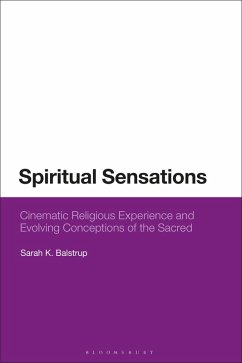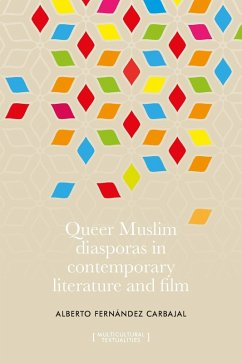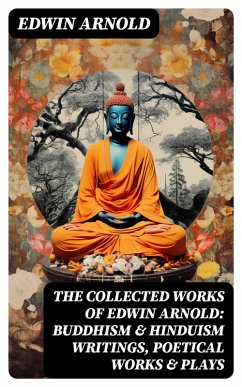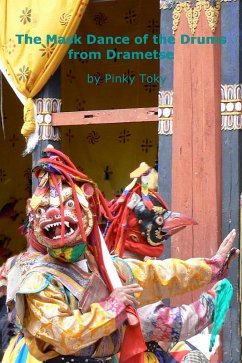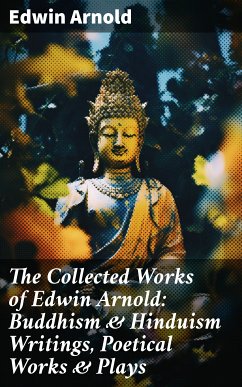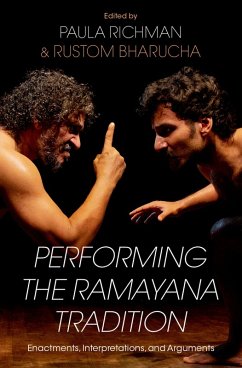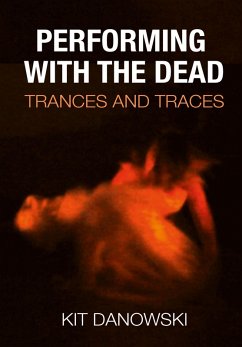
The Plays and Films of Bahram Beyzaie (eBook, ePUB)
Origins, Forms and Functions
Redaktion: Talajooy, Saeed

PAYBACK Punkte
35 °P sammeln!
Bahram Beyzaie is one of Iran's leading playwrights and auteur filmmakers. This book examines several of Beyzaie's films and plays and their preoccupation with the modalities and transformations of Iranian contemporary, historical and mythical identity from different perspectives. The chapters analyse Beyzaie's influential plays such as Arash and So Dies Pahlevan Akbar and his filmic magnum opuses such as The Crow, Bashu, the Little Stranger and Killing Mad Dogs from a range of critical perspectives including ecofeminist, sociopolitical, new-historicist, archetypal and psychoanalytical reading...
Bahram Beyzaie is one of Iran's leading playwrights and auteur filmmakers. This book examines several of Beyzaie's films and plays and their preoccupation with the modalities and transformations of Iranian contemporary, historical and mythical identity from different perspectives. The chapters analyse Beyzaie's influential plays such as Arash and So Dies Pahlevan Akbar and his filmic magnum opuses such as The Crow, Bashu, the Little Stranger and Killing Mad Dogs from a range of critical perspectives including ecofeminist, sociopolitical, new-historicist, archetypal and psychoanalytical readings. They also explore Beyzaie's dialogue with filmic genres such as noir, different Iranian languages such as Gilaki, Iranian epics and ritual practices such as ta'ziyeh plays and javanmardi chivalry cults. Together, the chapters show how Beyzaie's works negotiate narratives of belonging and undermine the dominant exclusionist discourses in Iran, and how they use the resources of Iranian folk and performance traditions to comment on the position of women, children, intellectuals, and minorities in society.




